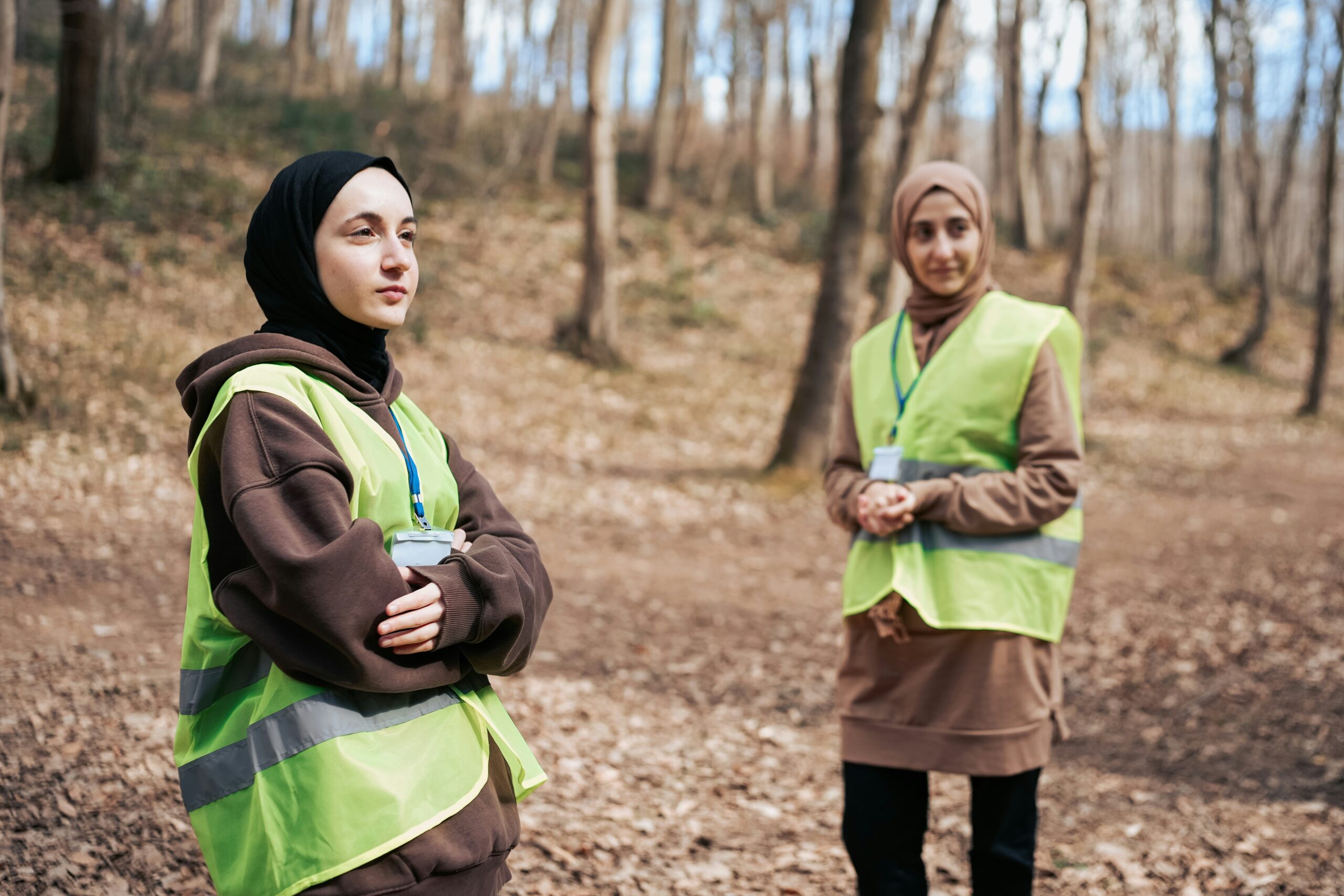
Community service might seem a secondary concern in today’s fast-paced, often self-centered world. However, the impact of volunteering matters extends far beyond the individual, with profound benefits for society as a whole. Whether mentoring a child, helping a local charity, or simply cleaning up a public space, community service is integral in strengthening social bonds, cultivating empathy, and improving the well-being of those participating. As we explore the significance of community service, it becomes clear that the power of giving back is a force that creates lasting, positive change.
Nurturing a Sense of Civic Responsibility
One of the core reasons volunteering is so important is that it helps foster a sense of civic responsibility. Community service instils in individuals the recognition that they are part of a larger social fabric. Volunteering reinforces the idea that we are all connected and that our actions can positively or negatively affect the people around us.
Volunteering often serves as a critical learning experience for children and young adults. It teaches them that their actions matter and that helping others is a noble and fundamental part of being a responsible citizen. This sense of responsibility doesn’t just apply to those who volunteer directly. It extends to how individuals participate in their communities through voting, advocacy, and general involvement in local matters. By making giving back a regular part of life, people contribute to the health and prosperity of society, creating a more engaged and active citizenry.
Fostering Empathy and Social Understanding
Volunteering provides individuals with a unique opportunity to connect with people from different walks of life. Whether volunteering matters at a food bank, tutoring underprivileged children, or assisting elderly residents in nursing homes, community service often places volunteers in direct contact with individuals facing significant challenges. This exposure helps build empathy by allowing volunteers to see life from the perspective of others.
Through these experiences, volunteers develop a deeper understanding of societal issues such as poverty, homelessness, and education disparities. This kind of empathy is crucial for fostering compassion in society. When individuals understand the struggles of others, they are more likely to work toward solutions that promote equality and fairness. In this way, community service is a powerful tool for combating prejudice and fostering a more inclusive society.
Building Stronger Communities
One of the most immediate benefits of community service is its direct impact on the communities being served. Whether it’s a local park that gets cleaned up, a neighborhood event that brings people together, or a charity event that raises funds for important causes, volunteer work strengthens the fabric of the community.
When individuals come together to serve a shared cause, they create a sense of unity and solidarity. Community service enables people to build relationships across cultural, racial, and socio-economic boundaries, breaking down barriers and increasing mutual trust. In neighbourhoods where residents regularly volunteer and engage in community initiatives, the overall quality of life tends to improve. People feel more secure, connected, and willing to support one another, creating a positive cycle of collaboration and care.
Creating Opportunities for Personal Growth
Volunteering benefits the community and helps individuals grow personally. Volunteers often step outside their comfort zones, which can lead to increased self-confidence and new skills. Volunteering also teaches valuable life skills such as leadership, communication, problem-solving, and teamwork, which can be used in other areas of life, including careers and personal relationships.
Encouraging Civic Engagement and Activism
Community service often serves as a gateway to broader civic engagement. When individuals become involved in volunteer work, they are exposed to local issues and challenges they may not have been aware of before. This awareness can inspire them to take further action, whether through voting, organizing community events, or even advocating for policy changes at the local or national level.
In this way, volunteering helps create a more politically and socially engaged populace. Volunteers are often the same individuals who take the time to understand the issues affecting their communities and use their voices to advocate for positive change. Volunteering encourages a deeper understanding of the political, social, and economic systems that shape the world, leading to more informed and active citizens.
Improving Mental and Physical Health
The benefits of community service are more than just social and emotional. Volunteering can also have significant physical and mental health benefits. Helping others has been shown to reduce stress, anxiety, and depression. It can provide a sense of purpose and accomplishment that can counter feelings of loneliness or isolation, particularly in older adults or those going through difficult times.
In addition to these mental health benefits, many types of volunteer work require physical activity, whether helping build homes for people experiencing homelessness, planting trees, or participating in a charity run. This physical engagement can improve overall health and wellness. For example, studies have found that individuals who volunteer regularly experience enhanced cardiovascular health and lower blood pressure, likely due to the increased physical activity and the mental health benefits of helping others.
Inspiring a Culture of Giving
The value of community service extends far beyond the immediate act of helping others. By giving back, individuals nurture a sense of responsibility, build empathy, and contribute to creating more robust, more connected communities. Volunteering matters also offers numerous personal benefits, from improved mental and physical health to increased personal growth and life satisfaction. In a world that sometimes feels divided, community service reminds us of the power of collective action and the importance of working together for the common good.